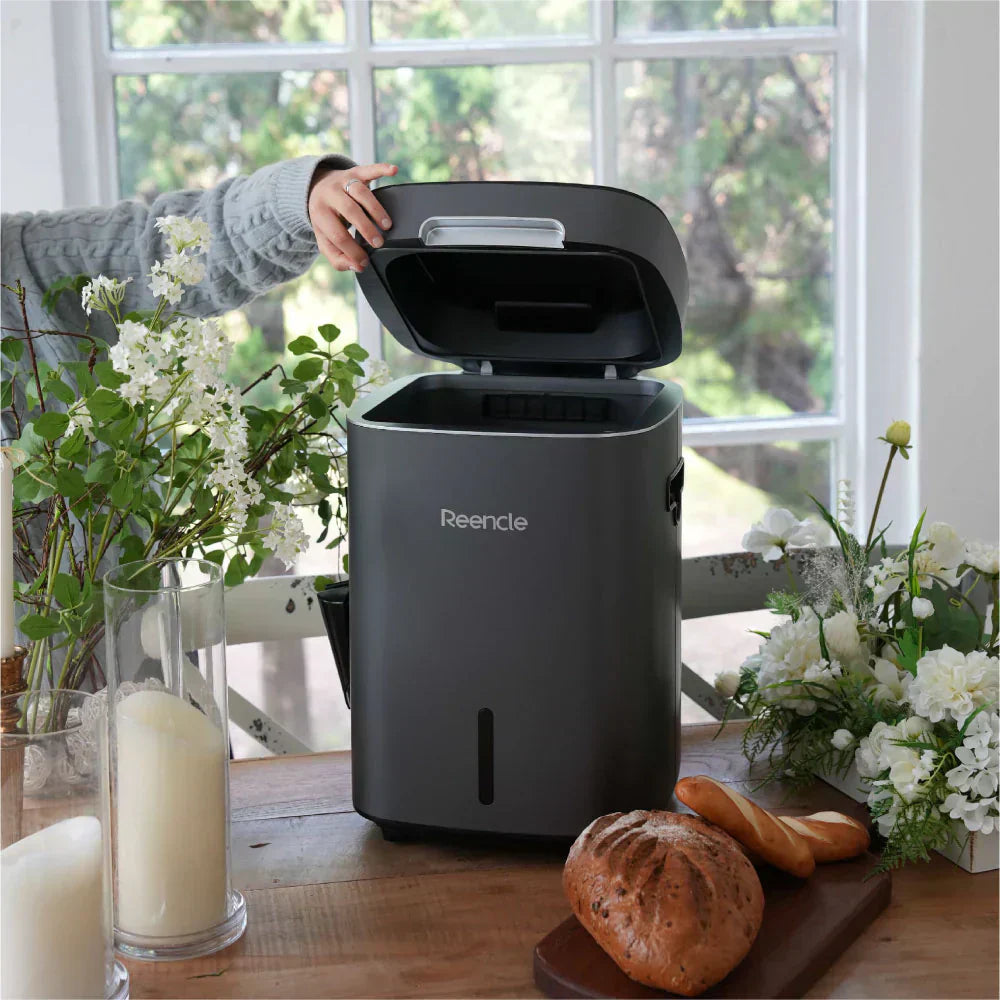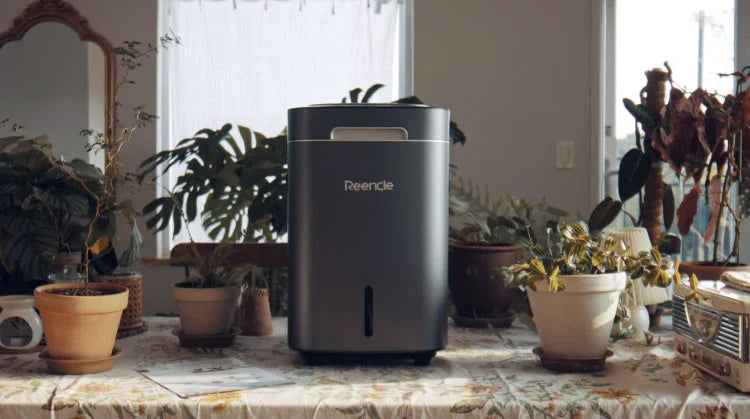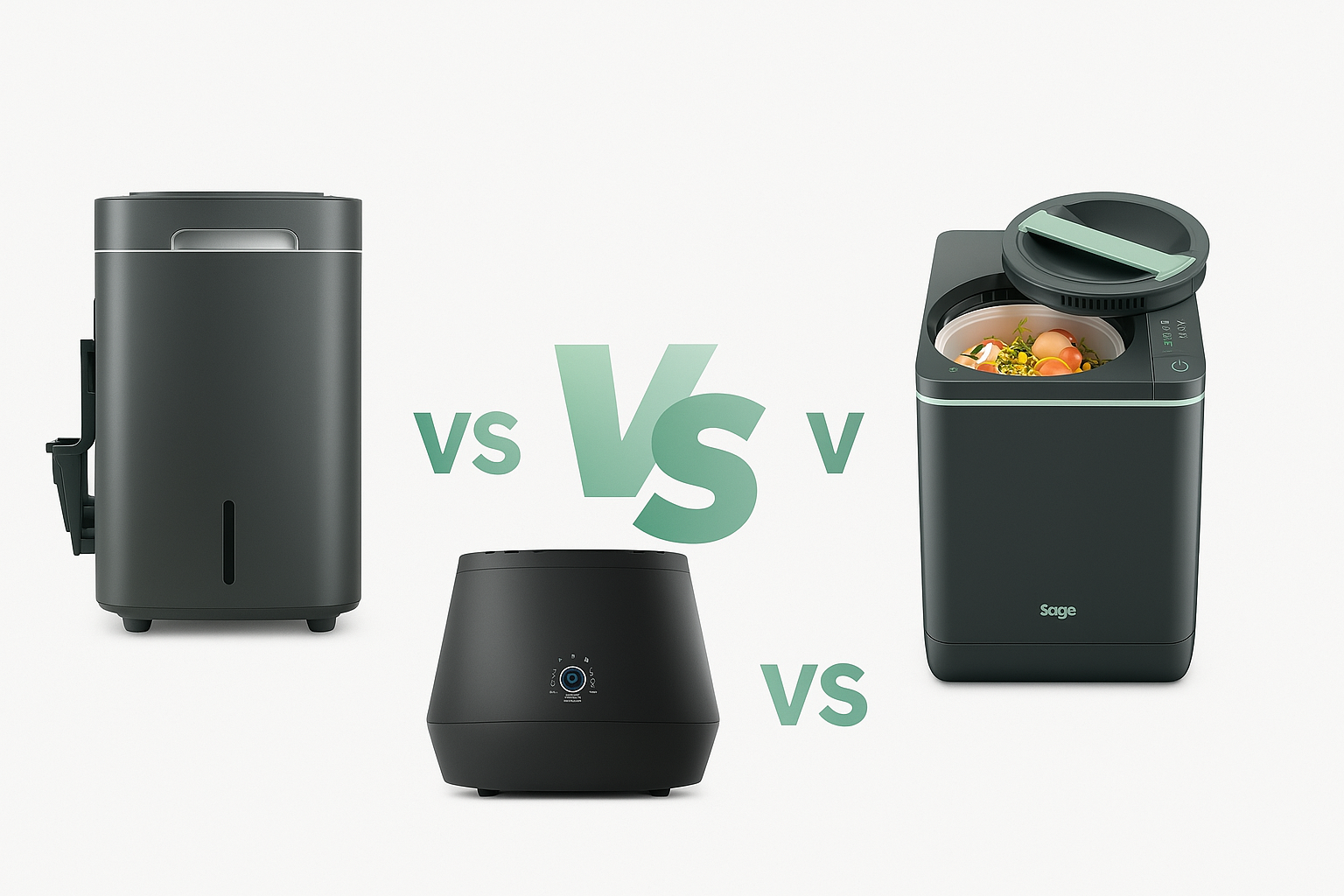What Is Composting? The Science Behind Transforming Food Waste into Nutrient-Rich Compost
Composting is a natural recycling process that converts food waste and other organic materials into a nutrient-rich compost that improves soil health. But what really happens during this breakdown? In this article, we’ll explore the science behind composting and uncover why this eco-friendly habit is vital for a more sustainable future—both for your garden and the planet.
The Basics of Composting
Composting is essentially a biological process driven by microorganisms—like bacteria and fungi—that decompose organic matter into a stable, soil-enriching substance called compost.
For successful composting to occur, four essential elements must be balanced:

What Happens to Food Scraps During Composting?
Microbial Breakdown
The composting journey starts when microorganisms such as bacteria and fungi feed on the food waste. These tiny workers break down complex organic compounds into simpler forms, releasing heat, water vapour, and carbon dioxide as natural byproducts of the process.
Heat Generation and Decomposition
As microbes digest the food waste, they naturally produce heat. In conventional composting setups, temperatures can climb to between 50°C and 70°C (122–158°F), which is hot enough to eliminate harmful pathogens and accelerate the breakdown. Reencle’s composting system takes this further by using advanced microbes that perform efficiently at consistently lower temperatures, making the process quicker, cleaner, and more convenient for households.
Formation of Humus
Once the microorganisms have finished breaking down the organic waste, the result is a dark, crumbly material known as humus. This nutrient-rich layer is the heart of compost—it improves soil structure, boosts moisture retention, and provides essential nutrients to support healthy plant growth.
Nutrient Enrichment
As the composting process unfolds, key nutrients like nitrogen, phosphorus, and potassium are released into the mix. These elements are essential for healthy plant development, making compost a powerful, all-natural alternative to chemical fertilisers commonly used in gardens and allotments.
Why Composting Matters
Composting plays a vital role in reducing the volume of food waste that would otherwise end up in landfill, where it releases methane-a powerful greenhouse gas. By composting at home using a system like Reencle, you significantly reduce your environmental impact while creating a valuable, nutrient-rich resource that boosts soil health and supports vibrant plant growth.
How Reencle Makes Composting Easy
Conventional composting methods can take several months to fully break down food and garden waste. Reencle, however, uses advanced microbial technology to speed up the process—turning scraps into compost in just hours or days. It also eliminates unpleasant smells and requires very little upkeep, making it ideal for busy households, flats, or homes with limited outdoor space.
Conclusion
Composting is a straightforward yet impactful way to transform food waste into something genuinely valuable. When we understand the science behind it, it’s clear how this natural process supports both a healthier planet and thriving gardens. With innovative tools like Reencle, anyone can join the movement to cut down on waste and give back to the earth—one composted meal at a time.





Leave a comment
This site is protected by hCaptcha and the hCaptcha Privacy Policy and Terms of Service apply.